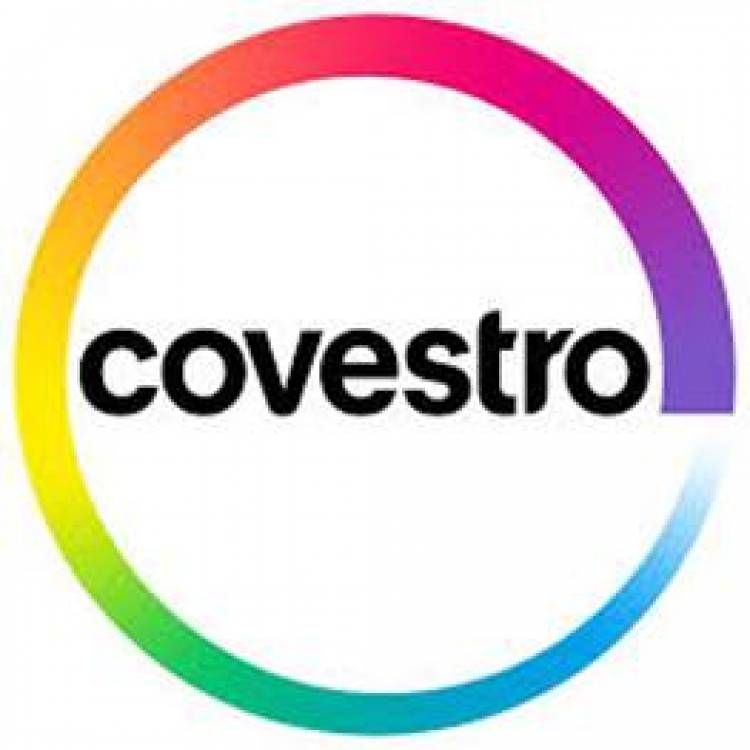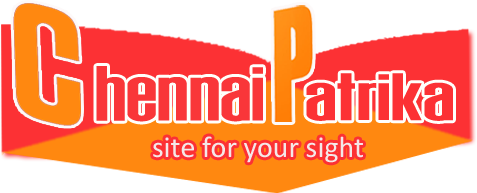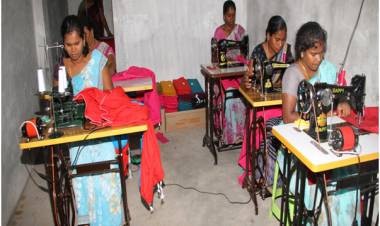Covestro: a pioneer in foam recycling and cycle design

Covestro: a pioneer in foam recycling and cycle design
Closing the loop for polyurethane mattresses
New pilot plant in operation for next level chemical recycling
Innovative process for recovering both core raw materials enables high yields
Pioneer for chemical recycling on an industrial scale
Co-shaping of a cycle in cooperation with the value chain
Covestro researcher Sebastian Scherf during a laboratory experiment on the chemical recycling of polyurethane mattress foam. © Covestro
Covestro has developed an innovative process for the chemical recycling of polyurethane (PU) flexible foam from used mattresses. It builds on its participation in the PUReSmart project, which is coordinated by Recticel company.
Each mattress contains on average 15-20 kilograms of foam. The Covestro process is novel compared to other chemical recycling approaches, since it enables the recovery of both main PU components. In addition to the polyol, the primary product of the other component formed during recyling – the isocyanate – can now also be generated.
Since recently, Covestro has also been operating a pilot plant for flexible foam recycling, in order to verify the positive laboratory results achieved to date. With this project on the chemical recycling of PU mattress foam, the company has made significant progress toward the goal of a recycling loop.
"The project is part of a long-term strategic program to fully align Covestro with the circular economy and be a driving force in value creation," says Dr. Klaus Schäfer, Covestro's Chief Technology Officer. "The development of this innovative recycling technology and the investment in the pilot plant are further milestones to close material loops. In this way, we aim to replace fossil resources in production, reduce the carbon footprint of our materials and create solutions for dealing with plastic waste. At the same time, we succeed in proving that polyurethanes are recyclable."
Next-level foam recycling
"Our goal is to industrialize chemical recycling processes for post-consumer flexible foams in order to ultimately commercialize both raw materials derived from the recycling of mattress foam," explains Karin Clauberg, Venture Manager Flexible Foam Chemolysis at Covestro. "With our innovative technology we aim to deliver a high purity, high quality recycled polyol that fulfills customer specifications, and a recycled toluene diamine, or TDA, which is suitable for further processing to toluene diisocyanate. This isocyanate, or TDI for short, is used together with the polyol for the production of flexible foams."
Furthermore, in collaboration with the companies Recticel and Redwave – a division of Wolfgang Binder GmbH – and as part of the PUReSmart research project, Covestro has developed an intelligent sorting solution to efficiently separate the different PU foams from post-consumer mattresses. The software uses machine-learning algorithms for a proper recognition of the different types of foam, enabling clean material inputs for the subsequent recycling process. This development is a further component of the digitalization strategy with the associated new opportunities for the entire chemical and plastic value chain.
Co-shaping a circular eco-system
Covestro uses international collaborations for joint solutions and innovative business models to help shape the future value cycle for flexible polyurethane foams with its recycling technology. To this end, Covestro is focusing on intensified cooperation with partners along the value chain.
Among other things, the aim is to create new business opportunities for Covestro, but also for its customers and partners along the entire value chain; they can also reduce their own CO2 footprint. Increased use of post-consumer waste also helps solve the societal challenge of sustainable management of such waste and contributes to achieving the European Union's circular economy, climate and environmental protection goals.
New pilot plant setting the stage for process industrialization
The new pilot plant that Covestro has now commissioned is designed to expand recycling into an efficient industrial process. The aim is to validate laboratory results, optimize the process and develop products and applications on a small industrial scale. This is an important step in taking the development of the circular economy at Covestro to a new level.
The first phase is to focus on process development for polyol recycling, followed by the recovery of TDA as a precursor to TDI, scheduled to start this summer.
About Covestro:
With 2020 sales of EUR 10.7 billion, Covestro is among the world's leading polymer companies. Business activities are focused on the manufacture of high-tech polymer materials and the development of innovative, sustainable solutions for products used in many areas of daily life. In doing so, Covestro is fully committed to the circular economy. The main industries served are the automotive and transportation industries, construction, furniture and wood processing, as well as electrical, electronics, and household appliances industries. Other sectors include sports and leisure, cosmetics, health and the chemical industry itself. At the end of 2020, Covestro has 33 production sites worldwide and employs approximately 16,500 people (calculated as full-time equivalents).




















